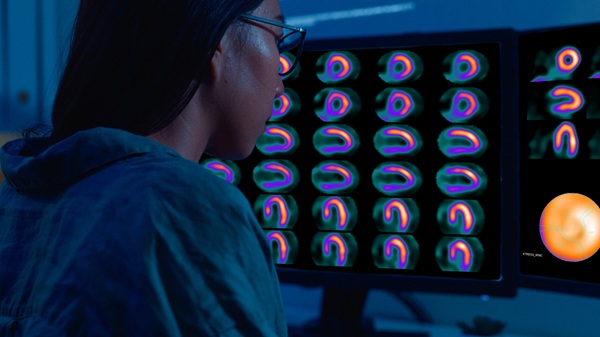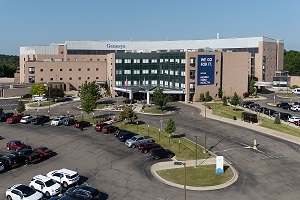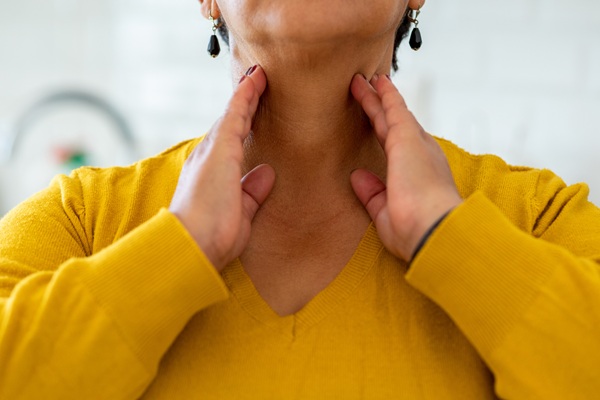Study Seeks to Understand the Health Disparity, Cause of Fibroids
DETROIT – While an estimated two-thirds of women will develop uterine fibroids by age 50, African-American women are three times more likely to develop them than other ethnic populations.
To help understand that health disparity in African Americans, Henry Ford Health System is conducting a first-of-its-kind research study to learn how fibroids develop, what factors may trigger them, and how to prevent health problems caused by them.
Eligible participants are African-American women ages 23 to 34, have never been diagnosed with fibroids and are willing to be followed for five years. Call 1-877-692-SELF (1-877-692-7353) or visit www.DetroitSELF.org to enroll.
Called SELF, or Study of Environment, Lifestyle and Fibroids, researchers will obtain data from participants about their health history and lifestyle, collect blood and other biological specimens, and conduct ultrasound screenings of the participants every 18 months. The women will be followed for five years, and can receive up to $700 for their participation. The study is funded by the National Institutes of Health.
“While we don’t know what causes fibroids, we believe it could be related to hormonal and genetic factors,” says Ganesa Wegienka, Ph.D., a Henry Ford epidemiologist and the study’s site principal investigator.
“Our hope is that the data we collect from the study will provide some insight into the causes of fibroids and the health disparity that accompanies them,” Wegienka says.
Fibroids are noncancerous tumors of the uterus that typically develop in women in their 20s and 30s. Symptoms can include heavy menstrual bleeding, frequent urination and lower back pain. An estimated 1 in 5 African-American women undergo a hysterectomy due to fibroids compared to 1 in 15 white women.
Rosetta McKenzie, among the 66 percent of women who develop uterine fibroids by age 50, offers some practical advice for all women.
“I want women to be aware of their options, and that help is available,” says McKenzie, a grandmother of three who had a cluster of fibroids removed during a hysterectomy in 2005. “Pay attention to your symptoms and ask questions when you go to see your health care provider.”
McKenzie, 54, of Southfield and African American, encourages women to enroll in the study. “The more people we can reach, the better it is for everyone,” she says.
.svg?iar=0&hash=F6049510E33E4E6D8196C26CCC0A64A4)

/hfh-logo-main--white.svg?iar=0&hash=ED491CBFADFB7670FAE94559C98D7798)






